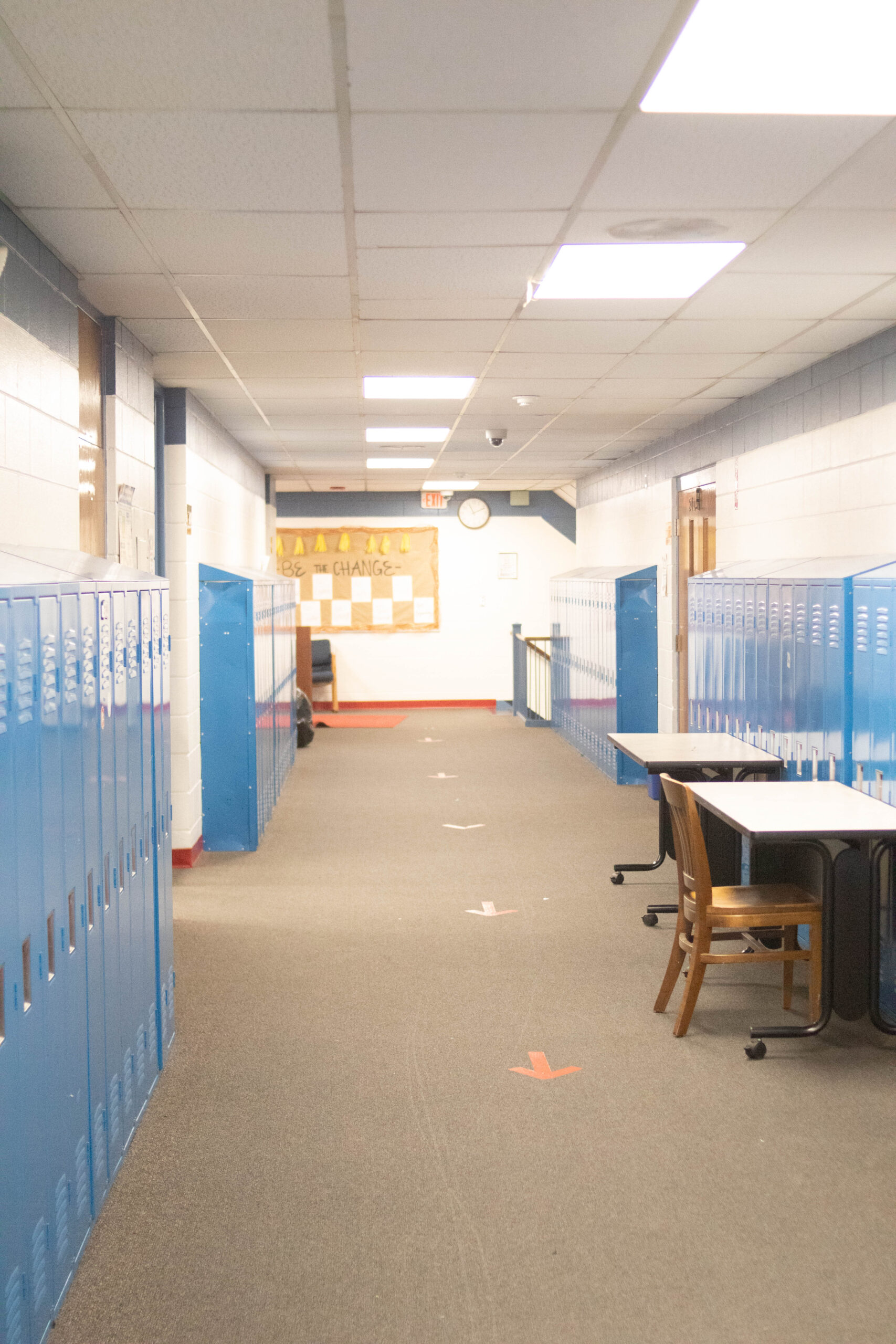Education funding is a vital component of any state’s budget plan. It is crucial to ensure that all students have access to high-quality education, regardless of their socioeconomic background. In Indiana, the state government passed House Bill 1001, which aims to reform the education funding system.
This article will provide an overview of the bill, including its purpose, key provisions, and impact on Indiana schools. It will also examine the supporters and opponents of the bill, its legislative history, and potential future reforms. Finally, we will analyze the impact of House Bill 1001 on the Indiana economy, and how it affects the state’s relationship with the federal government.
The Purpose of House Bill 1001
House Bill 1001 is a significant reform of the education funding system in Indiana. The bill aims to increase transparency and accountability in the distribution of education funding, as well as to promote school choice and expand educational opportunities for students. Additionally, the bill seeks to improve the efficiency of the education funding system by streamlining the budget process and reducing bureaucratic barriers.
The previous education funding system in Indiana was criticized for its complexity and lack of transparency. It was based on a formula that took into account a variety of factors, including the number of students, teacher salaries, and property tax revenue.
Like Indiana’s SGO Tax Credit Program, parents need to be aware of the bill so they can take advantage of it.
Key Provisions of House Bill 1001
Funding Allocation Formula
One of the most significant changes introduced by House Bill 1001 is the new funding allocation formula. The new formula is based on a per-student model that takes into account the unique needs of each student. This approach ensures that schools receive funding based on the number of students they have and the resources required to educate them effectively.
Changes to the School Funding Process
House Bill 1001 also introduces several changes to the school funding process. It establishes a two-year budget cycle, which allows schools to plan their budgets more effectively. It also simplifies the funding process by eliminating several bureaucratic hurdles that previously slowed down the allocation of funds.
Accountability Measures
House Bill 1001 includes several accountability measures to improve the quality of education in Indiana schools. It requires schools to report on their performance and outcomes regularly. It also establishes an independent agency tasked with overseeing the distribution of education funding and ensuring that schools are using the funds effectively.
School Choice Expansion
Another key provision of House Bill 1001 is the expansion of school choice options for students. The bill allows students to attend any school in the state, regardless of their zip code. It also provides additional funding for charter schools and expands the state’s voucher program, which allows students to attend private schools using public funds.
Impact of House Bill 1001 on Indiana Schools
House Bill 1001, also known as the Indiana school funding reform bill, has had a significant impact on schools across the state. The bill was designed to create a more equitable and transparent system of funding for both public and private schools.
One of the key impacts of the bill has been the change to the funding allocation formula. Under the old system, funding was based largely on enrollment, which meant that schools in more affluent areas with higher property values received more funding. This led to significant disparities in funding across the state.
Supporters and Opponents of House Bill 1001
Indiana House Bill 1001, which aimed to reform education funding, had supporters and opponents. Supporters of the bill believed that it was a significant step towards improving the education system in Indiana. Those in favor of the bill believed that the bill would create a more equitable and transparent funding system, which would ultimately benefit students across the state.
Opponents of House Bill 1001 were concerned that it would lead to less funding for public schools, and more funding for private and charter schools. They believed that the bill would result in a reduction in the quality of education for students in public schools and that it would disadvantage students from low-income families. Those who opposed the bill included Democrats, teachers’ unions, and some public school advocates.
Legislative History of House Bill 1001
House Bill 1001 was introduced to the Indiana General Assembly in January 2023. It was authored by State Representatives, Rep. Jeffrey Thompson, Rep. Gregory Porter, and Rep. Robert Cherry. It was sponsored by Sen. Ryan Mishler and Sen. Chris Garten. The bill was referred to the House Committee Ways and Means Committee for review.
The bill underwent several revisions and amendments and had a third reading passed on February 23, 2023, before being referred to the Senate committee.
Final vote:
Despite concerns raised by opponents, House Bill 1001 was passed with significant support in both the House and the Senate.
House Bill 1001 Implementation
Implementing House Bill 1001 has been a challenge, especially for public school districts. The new funding allocation formula has resulted in significant changes to the way funds are distributed to schools, which has led to some confusion and uncertainty.
Despite these challenges, progress has been made in implementing House Bill 1001. The Indiana Department of Education has worked to provide guidance and support to schools and has made efforts to ensure that the new funding formula is transparent and easy to understand. Additionally, some schools have embraced the new accountability measures, and have used them to improve student achievement.
The Impact of House Bill 1001 on the Indiana Economy
House Bill 1001 has the potential to have a significant impact on the Indiana economy. The bill could create new jobs and stimulate economic growth by increasing funding for private and charter schools. Additionally, by improving the quality of education in Indiana, the bill could help to attract new businesses and entrepreneurs to the state.
Comparison with Other States’ Education Funding Models
Indiana’s education funding model is similar to that of many other states. However, House Bill 1001 represents a significant departure from the state’s previous funding model. Other states have also experimented with different funding models, with some focusing on a more equitable distribution of funds, and others emphasizing school choice and competition.
House Bill 1001 and Federal Education Funding
House Bill 1001 does not have a significant impact on federal education funding, as most education funding in the United States comes from the federal government. However, the bill could have implications for Indiana’s relationship with the federal government, particularly if it results in a significant increase in funding for private and charter schools.
Potential Future Reforms
While House Bill 1001 represents a significant step forward in education funding in Indiana, there is always room for improvement. One potential area for future reform is the accountability measures included in the bill. Some have expressed concern that the steps may be too punitive and could lead to unintended consequences such as increased pressure to perform on standardized tests.
Overall, House Bill 1001 is a significant step forward in education funding in Indiana, but there is always room for improvement.
Final Thoughts
House Bill 1001 is a major step toward improving education funding in Indiana. It has the potential to create new jobs and stimulate economic growth while also providing a more equitable distribution of funds.
However, there are still areas for improvement such as increasing school choice options and reforming accountability measures to ensure that they do not put too much pressure on students or teachers.
The implementation of this bill will be an ongoing process and it remains to be seen how successful it will ultimately be. Nevertheless, with careful consideration and thoughtful reform, we can hope that House Bill 1001 will help make positive changes in our educational system in Indiana.
Learn more about the available financial options for your child at Central Christian Academy today.










